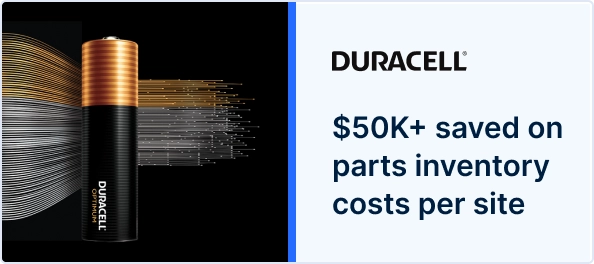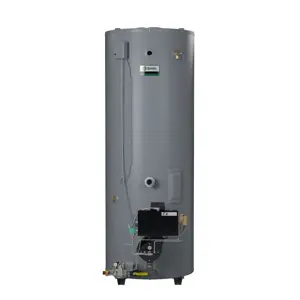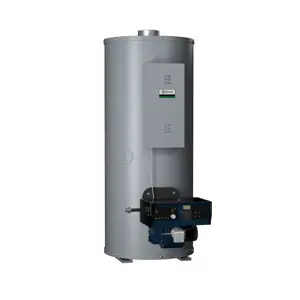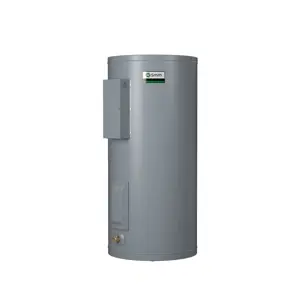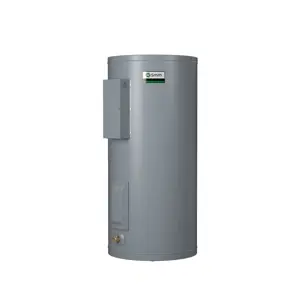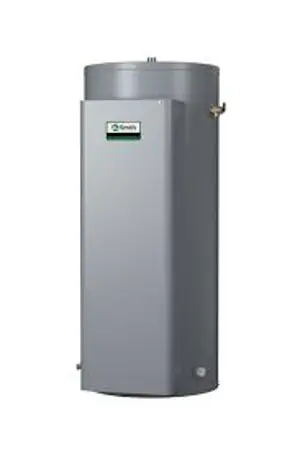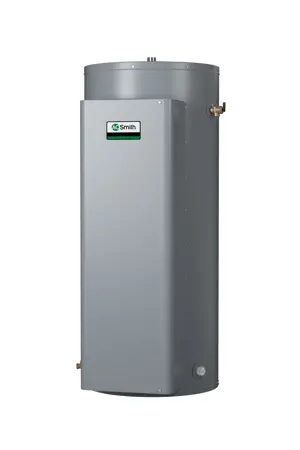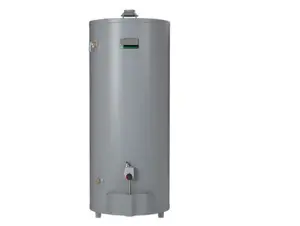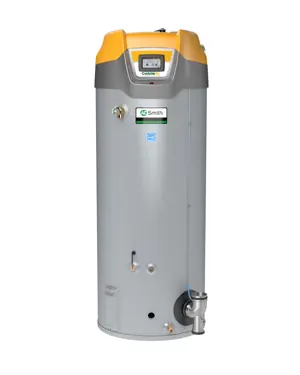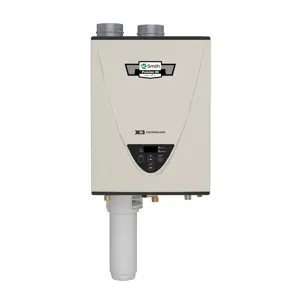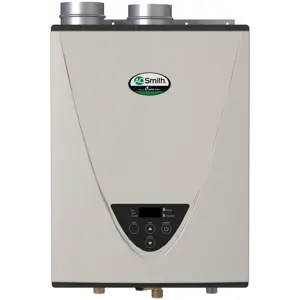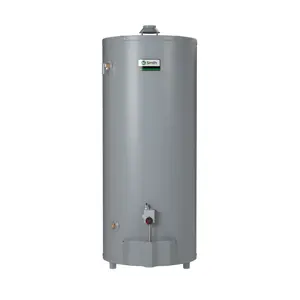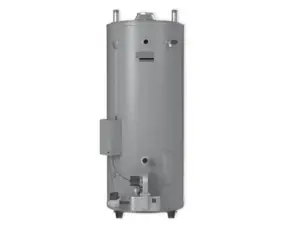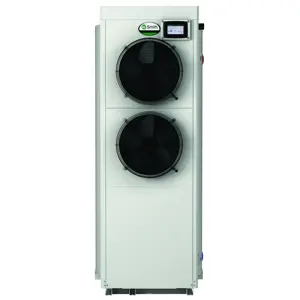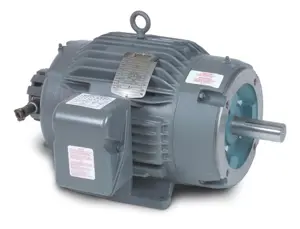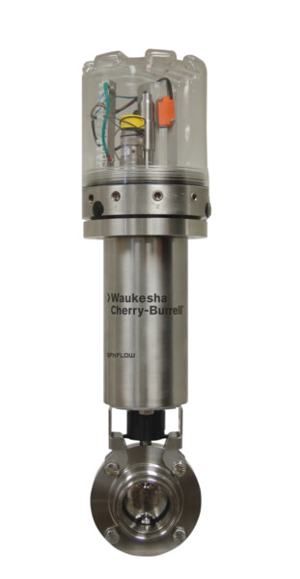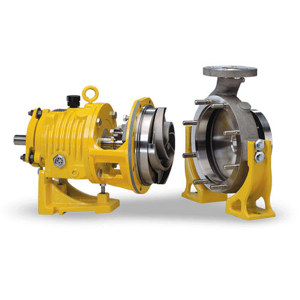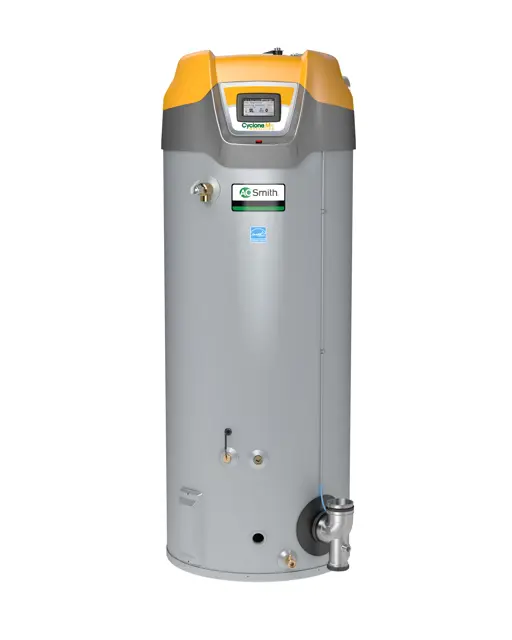

The AO Smith Commercial Gas Tank Water Heater BTX-80 is a reliable and efficient solution for high-demand hot water applications. Designed for commercial use, this model ensures optimal performance and longevity, making it an essential asset for businesses requiring consistent hot water supply.
Turn manuals into instant answers
with your AI-powered assistantTurn manuals into instant answers
with your AI-powered assistant
Manual for A.O. Smith Commercial Gas Tank Water Heaters BTX-80
Complete asset maintenance, one click away
Get instant access to all the maintenance information you need. Empower technicians to perform preventive maintenance with asset packages, ready to use right out of the box.
Documents & Manuals
Find all the essential guides in one place.
Tensioning Guide
Belt-diagram
C-120 pulleys
+ 13 more
Work Order Templates
Pre-built workflows to keep your asset running smoothly.
Daily Electrical System Inspection
Replace Roller and Pulley
Install Engine B-120
+ 29 more
Procedures
Integrate maintenance plans directly into your work orders.
Motion Industries
Applied Industrial Technologies
Electrical Brothers
+ 5 more
Parts
Access the parts list for your equipment in MaintainX.
Drive Motor
B2 Rollers
Tensioning System
+ 40 more

A.O. Smith Commercial Gas Tank Water Heaters BTX-80
Create an account to install this asset package.
Maintenance Plans for A.O. Smith Commercial Gas Tank Water Heaters Model BTX-80
Integrate maintenance plans directly into your work orders in MaintainX.
6 Monthly Tank Water Heater Flushing
DANGER! Burn hazard. Hot water discharge. Keep hands clear of drain valve discharge.
Turn off the electrical supply to the water heater.
Ensure the cold water inlet valve is open.
Open a nearby hot water faucet and let the water run until the water is no longer hot. Then close the hot water faucet.
Connect a hose to drain valve and terminate it to an adequate drain.
Ensure the drain hose is secured before and during the entire flushing procedure. Flushing is performed with system water pressure applied to the water heater.
Open the water heater drain valve to flush the storage tank.
Flush the water heater storage tank to remove sediment and allow the water to flow until it runs clean.
Close the water heater drain valve when flushing is completed.
6 Monthly Temperature-Pressure Relief Valve Test
Warning: Ensure no one is in front of or around the outlet of the Temperature-Pressure Relief Valve discharge line during the test. The water discharge may be extremely hot. Use care when operating valve as the valve may be hot.
Is the Temperature-Pressure Relief Valve in operating condition?
Does the valve seat properly and operate freely when the lever at the end of the valve is lifted several times?
Does the valve continue to release water after manually operating it?
If the valve continues to release water, immediately close the cold water inlet to the water heater and drain the water heater. Replace the Temperature-Pressure Relief Valve with a properly rated/sized new one.
Does the Temperature-Pressure Relief Valve on the water heater weep or discharge periodically?
Note: Excessive water pressure is the most common cause of Temperature-Pressure Relief Valve leakage. Excessive water system pressure is most often caused by 'thermal expansion' in a 'closed system'. The Temperature-Pressure Relief Valve is not intended for the constant relief of thermal expansion.
Temperature-Pressure Relief Valve leakage due to pressure build up in a closed system that does not have a thermal expansion tank installed is not covered under the limited warranty. Thermal expansion tanks must be installed on all closed water systems.
DO NOT PLUG THE TEMPERATURE-PRESSURE RELIEF VALVE OPENING. THIS CAN CAUSE PROPERTY DAMAGE, SERIOUS INJURY OR DEATH.
1 Yearly Burner Maintenance
Flood damage to a water heater may not be readily visible or immediately detectable. However, over a period of time a flooded water heater will create dangerous conditions which can cause DEATH, SERIOUS BODILY INJURY, OR PROPERTY DAMAGE. Contact a qualified installer or service agency to replace a flooded water heater. Do not attempt to repair the unit! It must be replaced!
Visual inspection of the main burner and the hot surface igniter assembly for proper flame characteristics and ignition sequences.
The main burner should provide complete combustion of gas, ignite rapidly, give reasonably quiet operation, and cause no excessive flame lifting from the burner ports.
Is the flow of combustion and ventilation air not blocked?
Check for sooting. Soot is not normal and will impair proper combustion.
Soot build-up indicates a problem that requires correction before further use. Turn “OFF” gas to water heater and leave off until repairs are made, because failure to correct the cause of the sooting can result in a fire causing death, serious injury, or property damage.
BURNER CLEANING
In the event your burner or burner air openings require cleaning, turn the blower switch to the “OFF” position and allow the burner to cool.
Call a service agency to remove and clean the burner and correct the problem that required the burner to be cleaned.
6 Monthly Tank Water Heater Draining
DANGER! Burn hazard. Hot water discharge. Keep hands clear of drain valve discharge.
Turn off the electrical supply to the water heater.
Turn off the gas supply at the Main Gas Shutoff Valve if the water heater is going to be shut down for an extended period.
Ensure the cold water inlet valve is open.
Open a nearby hot water faucet and let the water run until the water is no longer hot.
Close the cold water inlet valve to the water heater.
Connect a hose to the water heater drain valve and terminate it to an adequate drain.
Open the water heater drain valve and allow all the water to drain from the storage tank.
Close the water heater drain valve when all water in the storage tank has drained.
1 Yearly Anode Rod Inspection
CAUTION! Property Damage Hazard. Avoid water heater damage. Inspection and replacement of anode rod required.
The anode rod is used to protect the tank from corrosion. Most hot water tanks are equipped with an anode rod. The submerged rod sacrifices itself to protect the tank. Instead of corroding tank, water ions attack and eat away the anode rod. This does not affect water’s taste or color. The rod must be maintained to keep tank in operating condition.
Anode deterioration depends on water conductivity, not necessarily water condition. A corroded or pitted anode rod indicates high water conductivity and should be checked and/or replaced more often than an anode rod that appears to be intact. Replacement of a depleted anode rod can extend the life of your water heater.
Inspection should be conducted by a qualified technician, and at a minimum should be checked annually after the warranty period.
Anode rod intact?
Enter the water conductivity level
Upload a photo of the anode rod
Technician's signature
Parts for A.O. Smith Commercial Gas Tank Water Heaters BTX-80
Access the parts list for your equipment in MaintainX.
Outer Door
9003545005
T & P Valve
9007208015
Orifice Burner
9005992005
Vent Pipe Assembly #1 ULC S636 Compliant
9007582005
2" x 3/4" NPT Nipple
9003719015
Outer Door
9003545005
T & P Valve
9007208015
Orifice Burner
9005992005
Vent Pipe Assembly #1 ULC S636 Compliant
9007582005
2" x 3/4" NPT Nipple
9003719015
Outer Door
9003545005
T & P Valve
9007208015
Orifice Burner
9005992005
Vent Pipe Assembly #1 ULC S636 Compliant
9007582005
2" x 3/4" NPT Nipple
9003719015
Unlock efficiency
with MaintainX CoPilot
MaintainX CoPilot is your expert colleague, on call 24/7, helping your team find the answers they need to keep equipment running.
Reduce Unplanned Downtime
Ensure your team follows consistent procedures to minimize equipment failures and costly delays.
Maximize Asset Availability
Keep your assets running longer and more reliably, with standardized maintenance workflows from OEM manuals.
Lower Maintenance Costs
Turn any technician into an expert to streamline operations, maintain more assets, and reduce overall costs.
Thousands of companies manage their assets with MaintainX
















